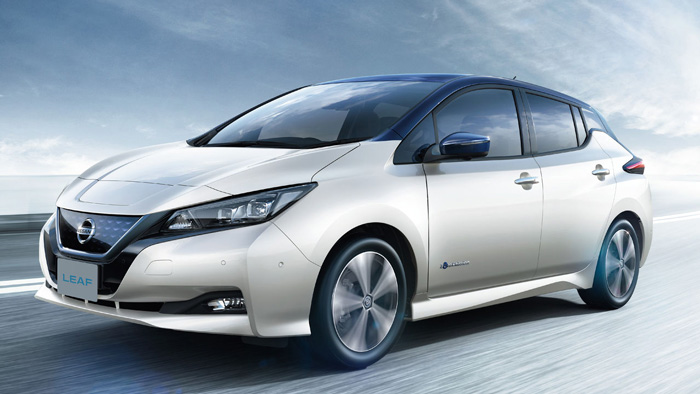
Japan raises average vehicle fuel economy standards by 32% by 2030
The Japanese government has announced new standards that require automakers to boost their average fuel economy by 32% by Fiscal Year 2030 from Fiscal Year 2016 to 25.4 kilometres per litre (kpl).
Acknowledging that the new mandate will be challenging, the new standards are necessary for the Japanese automotive industry to remain competitive with their European and Chinese counterparts, a government official said.
“The goals may look ambitious even from an international perspective, but it’s important in order to take the lead on environmental measures,” said Yasuhiro Matsuyama, director-general of the Ministry of Industry’s Energy Conservation and Renewable Energy Department.
The move will mean that Japanese automobile manufacturers will have to sell more electric and hybrid cars. However, when computing the average fuel efficiency of the vehicle, the new rules will take into account the carbon dioxide emitted when generating electricity to operate the electric vehicle, converting it into a measure of fuel efficiency, according to the Nikkei Asian Review.
According to Japan’s Ministry of Industry, only 24,000 electric cars were registered in Japan in 2017, which corresponds to a market share of less than 1%. With the new rules, electric vehicle’s market share is expected to increase to 20% to 30% by 2030, or the equivalent of approximately one million electric and plug-in hybrid vehicles in the vehicle parc.
Local automakers are now accelerating their plans to produce more electric vehicles. A joint venture by Toyota Motor, Mazda Motor and parts supplier Denso, which will develop core electric vehicle technology, has brought a total of nine companies on board, including Subaru, Suzuki Motor and Hino Motors. Toyota aims to sell at least one million electric and fuel cell automobiles annually by 2030, accounting for about 10% of its global sales.
Honda Motor plans to introduce its first mass-produced fully electric vehicle in Europe and Japan next year. Honda plans to have electric and fuel cell vehicles account for 15% of its global sales by 2030. Nissan Motor, which is ahead of its peers in this area with the Nissan Leaf, is looking at electric and hybrid vehicles making up 30% of its global sales by 2022.
echo '








